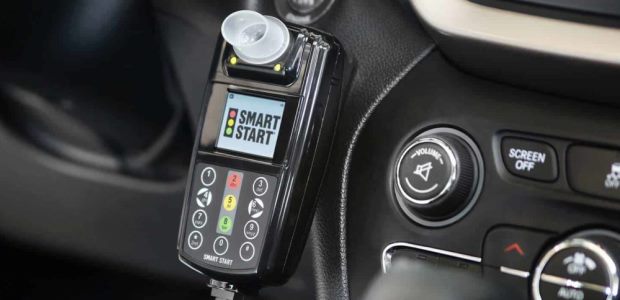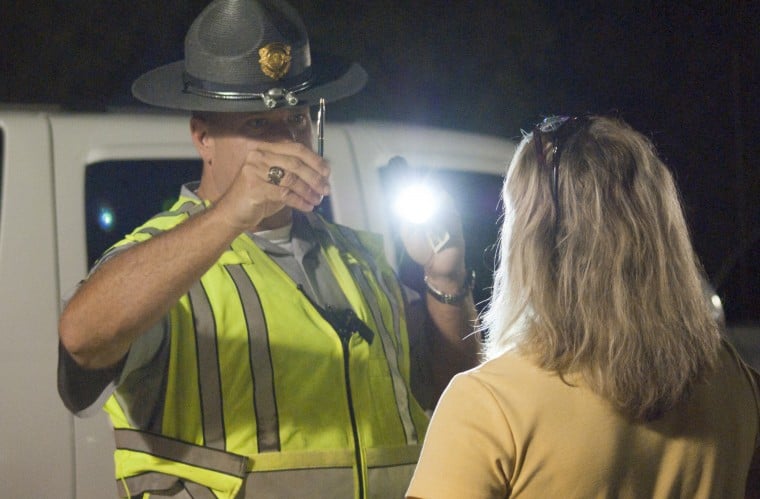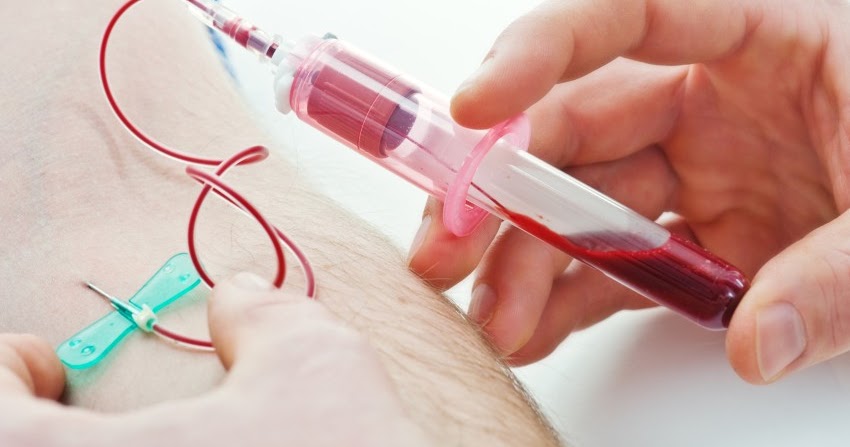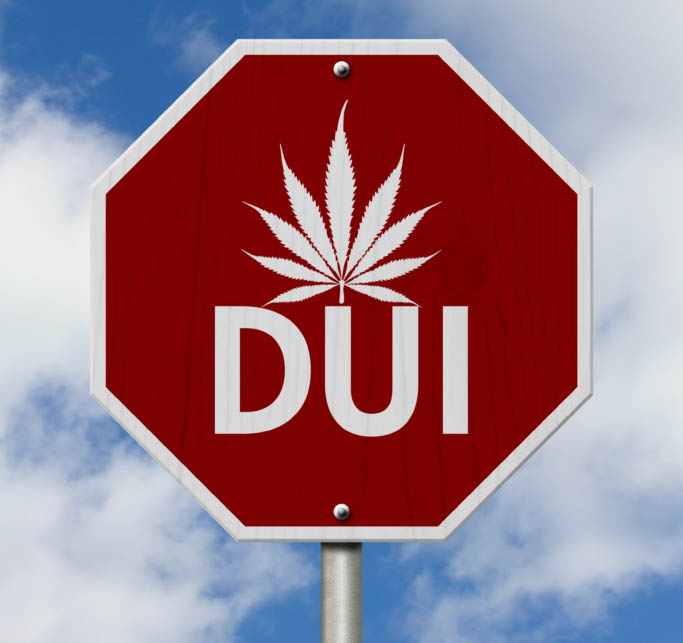
Recently, a client hired me to represent him on a new DUI charge. Unfortunately, this client already has a prior DUI conviction within 7 years. We met at my office. He showed me his paperwork – arraignment dates, property seizures, BAC ticket, etc. – and also showed me a document I haven’t yet seen in my years of practice.
It was a Court Order signed by the judge titled, “IGNITION INTERLOCK RULES.”
I knew I’d eventually see this document, sooner or later. Under the recent passage of RCW 46.20.740 and RCW 46.20.385 the COURTS – and NOT the DOL – shall order any person convicted of an alcohol-related violation to apply for an ignition interlock driver’s license and to have a functioning ignition interlock device installed on all motor vehicles operated by the person.
The court may also order the installation of an interlock device for a driver that is convicted of Reckless Driving or Negligent Driving within 7 years of an alcohol related driving offense. An ignition interlock may be required for Reckless Driving or Negligent Driving without a prior DUI conviction. Finally, under the law, an ignition interlock device will be required for any driver convicted of vehicular homicide while driving under the influence.
This document was proof that the Courts are diligently following the passage of these laws. It read the following, ver batim:
* The defendant shall not operate a motor vehicle unless the defendant has a valid driver’s license and insurance;
* Once the defendant has a valid driver’s license and insurance, the defendant shall only operate a motor vehicle equipped with a functioning ignition interlock breath alcohol device while on pretrial;
* The defendant shall have an ignition interlock breath alcohol device installed by a Washington State Patrol certified ignition interlock breath alcohol device vendor on any motor vehicle the defendant will operate;
* The defendant shall bear the cost of installation and maintenance of the ignition interlock breath alcohol device and show proof of installation of the ignition interlock to the court;
* Any ignition interlock breath alcohol device installed pursuant to this order shall be monitored by the installer, and a report filed with the court every sixty (60) days;
* The defendant shall not adjust, tamper with, remove, or circumvent – (1) any ignition interlock breath alcohol device, (2) the wiring of any ignition interlock breath alcohol device, or (3) the ignition system of any vehicle equipped with an ignition interlock breath alcohol device. Any violation or tampering must be reported to the court by the ignition interlock breath alcohol device vendor, and;
* The ignition interlock breath alcohol device shall have certain minimum settings.
My opinion? Although I understand the need for community safety, it appears these new requirements are unconstitutional and overbearing in some cases. The government assumes people are guilty before they even go to trial. Indeed, this particular client showed NO signs of alcohol intoxication in his police reports. Police contacted him because someone complained of his driving.
After pulling him over, the police had no proof whatsoever that he was under the influence of alcohol, and instead believed he was under the influence of drugs. It’s going to take WEEKS to get his blood test back. In the meantime, he must drive around with an Ignition Interlock Device on his vehicle. Unfair.
If you’re facing a similar situation please contact a qualified attorney. I, for one, look forward to fighting this case tooth and nail and removing the Ignition Interlock Device from my client’s vehicle!
Please contact my office if you, a friend or family member are charged with a crime. Hiring an effective and competent defense attorney is the first and best step toward justice.


:strip_exif(true):strip_icc(true):no_upscale(true):quality(65)/arc-anglerfish-arc2-prod-gmg.s3.amazonaws.com/public/VLNO7NGCLNFKXEVA4EZRHWGWPY.jpg)













